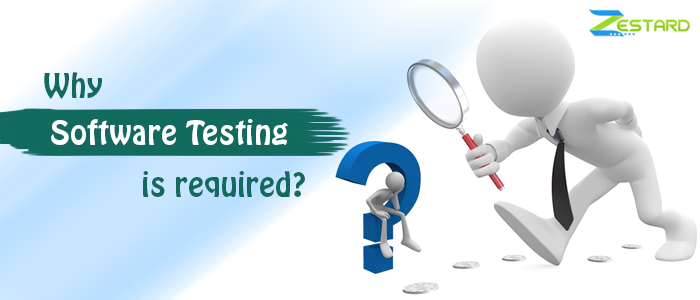One of the main factors in determining a Project Management approach for a software development project is making balancing between predictability and responsiveness for a given organization. While each business domain shares similarities, each organization has its own culture, goals, and business drivers which define strategies for success.
In Traditional Project Management Approach, each phase of a product’s life cycle takes place in sequence, so that progress flows steadily downwards through various phases like in a classic/linear approach. The traditional project management approach is a linear approach where you try to get it all done at one time. You do a lot of very detailed planning at once up-front and then deliver it in what’s known as the Big Bang.
The Advantages are that it gets stuff done; it has the potential for lower costs, agreement on the end product, highly visible reports, and standardization. The drawback of this approach is that it is not graceful with urgent and dynamic projects. It is very slow, especially if clients are unsure of what they want.
Since a change requires going back to square one, and each step must be completed in sequence again, projects with rapidly changing scope or mid-stream technology changes cannot afford this traditional approach.
While Agile Methodology, in project Management terms, is a description for project management methods that focus on people, communications, the product, and flexibility. The Agile development tool uses a variety of methods unique to Agile that combine to produce an efficient software development process.
Agile Project Management Approach Emphasizes on flexibility and responsiveness at the expense of predictability by focusing on continuous alignment and delivery of customer requirements through working software. Agile methodologies are based on rolling wave planning utilizing incremental and iterative delivery where the product features with the highest priority are developed first.
By providing working software frequently in fixed time boxes (iterations), an agile project can validate business value more rapidly than a traditional project approach. Agile methods can work well on many types of projects, but are most effective where project risks are high and the project definition is continuously changing.
Having said sot, there are still circumstances in which the traditional method can be suitable let’s say in a situation, where requirements are guaranteed to be unchanging and there is very little uncertainty or if the project if very simple – but those circumstances are becoming fewer and farther these days.
Also if an organisation and the people involved in the project are not in a mature enough state for Agile it may be more appropriate to use traditional project management methods.
We Suggest, when it comes to special environments and dynamic nature projects, one should move away from traditional project management approach to agile project management, which has benefits of dynamic nature and should look into modern methods that have been specifically developed for such environments and conditions.
Please read more on our Project Management and Business Models, as we use Agile Software Development Methodology in our Time & Materials and Offshore Development Business Model at Zestard Technologies.


